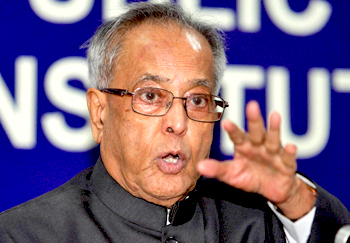Mangaluru: Agnes Towards Community (ATC) is a five-year old project of social responsibility undertaken by St Agnes College (Autonomous), Mangaluru to give their students a taste for community service before they leave the portals of the College. For this purpose the College has adopted five villages in the vicinity of Mangaluru, namely Harekala, Amblamogaru, Munnuru, Kotekar and Hosabettu. The ATC programmes are undertaken on saturdays wherein all the final year students as guided by their staff members are given hands on experience of community interaction and service. The four saturdays in a month are divided to plan, prepare, execute and evaluate the whole service exercise.
The year 2019-20 saw a major change in the format of the project. The Science and Arts faculty came together with projects based on the syllabus of study and apply it for their service learning activity. This was done with the dual purpose of helping students to learn the topic practically in a real social set up and to identify and render useful scientific based practical solutions to the problems faced by the villagers.
One such problem is water purity. Since water plays an important role in maintaining the human health and welfare, water quality testing is important because it identifies contaminants and prevents water borne diseases. In this regard, Departments of Chemistry and Microbiology took up a project on water analysis. The major objectives of the project were: 1. To provide hands on experience on water analysis, a topic learnt by the students in their course of study. 2. To test the potability of water sources of the villages, so that the scientific and practical solutions can be provided, wherever needed.
The first village chosen for the study was Amblamogaru. The two batches of students (20 students in each batch) were led by Mrs.Prajwal Rao, Assistant Professor, Department of Microbiology and Ms.Smitha, Assistant Professor, Department of Chemistry. They were assisted by Ms.Hezil Saldanha, Assistant Professor, Department of Chemistry in carrying out the project.
The water samples from different sources were collected in sterilised glass bottles. The students were enthusiastic in collecting water samples and also interacted with the village folk regarding the availability of drinking water supplies. The students under the guidance of faculty carried out the experiments in water analysis in Chemistry and Microbiology Laboratories at St Agnes College. This included testing for parameters such as pH, conductivity, total hardness and turbidity, presumptive, confirmed and completed Coliform test. From chemical analysis, it is found that all parameters satisfy the standards of potable water. Microbiological analysis showed that the water samples were potable for human consumption (No faecal contamination observed).
The project has been envisaged to help the villagers to have recourse to the information on the results of the tests conducted. The water samples collected for the analysis were found to be potable for human consumption. If the water samples not been found to be potable, the departments had strategized to guide the villagers on useful scientific and practical solutions wherever needed.
This project of Agnes Towards Community (ATC) helped students to go beyond classroom learning, develop practical skills, disseminate knowledge and render service to the community. This activity also provided direct and relevant experiences to the students that deepened and enriched their learning abilities.


 New Delhi, May 13: President Pranab Mukherjee Tuesday said India "must regain" the lost glory of its educational institutions and once again become a centre for "cross fertilization of ideas from across the world."
New Delhi, May 13: President Pranab Mukherjee Tuesday said India "must regain" the lost glory of its educational institutions and once again become a centre for "cross fertilization of ideas from across the world."






Comments
Add new comment